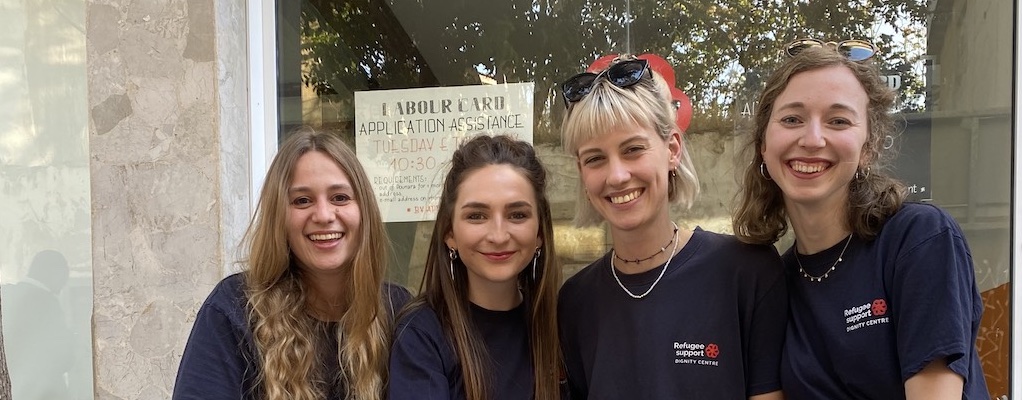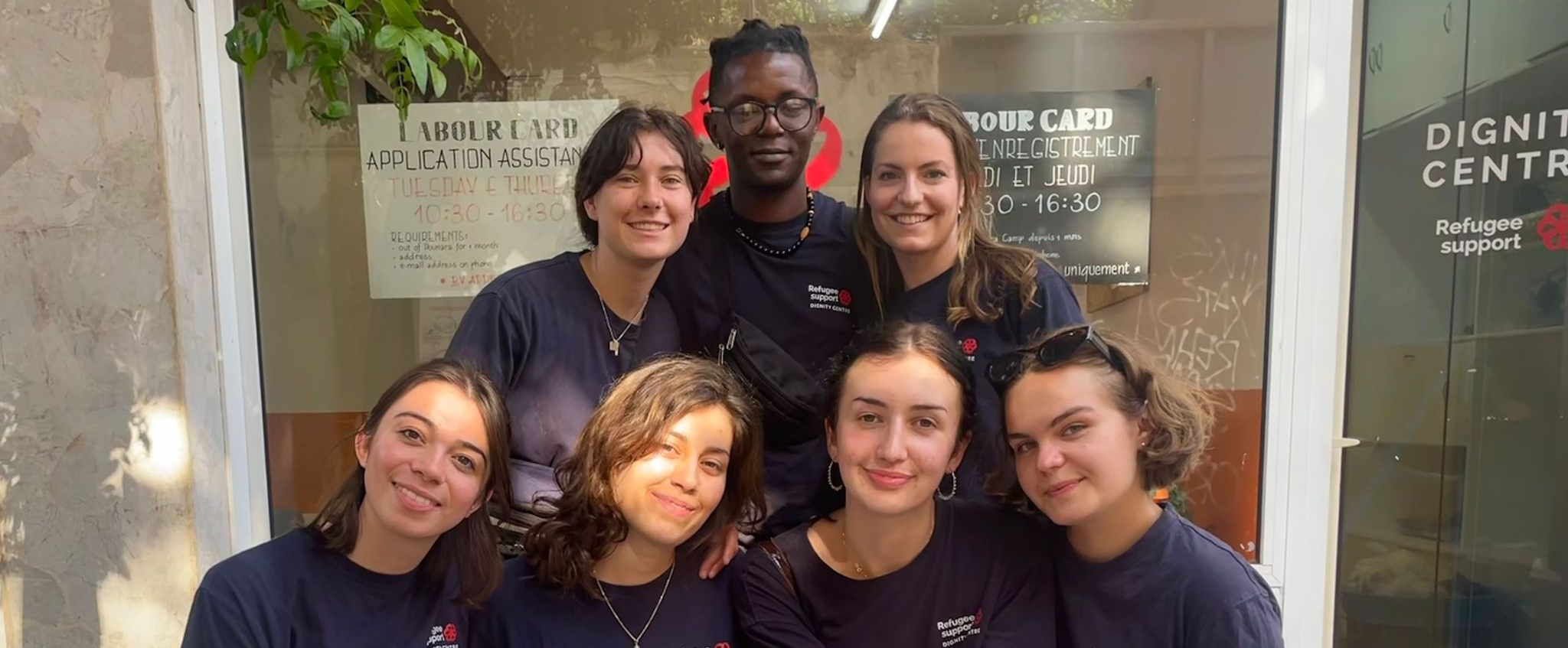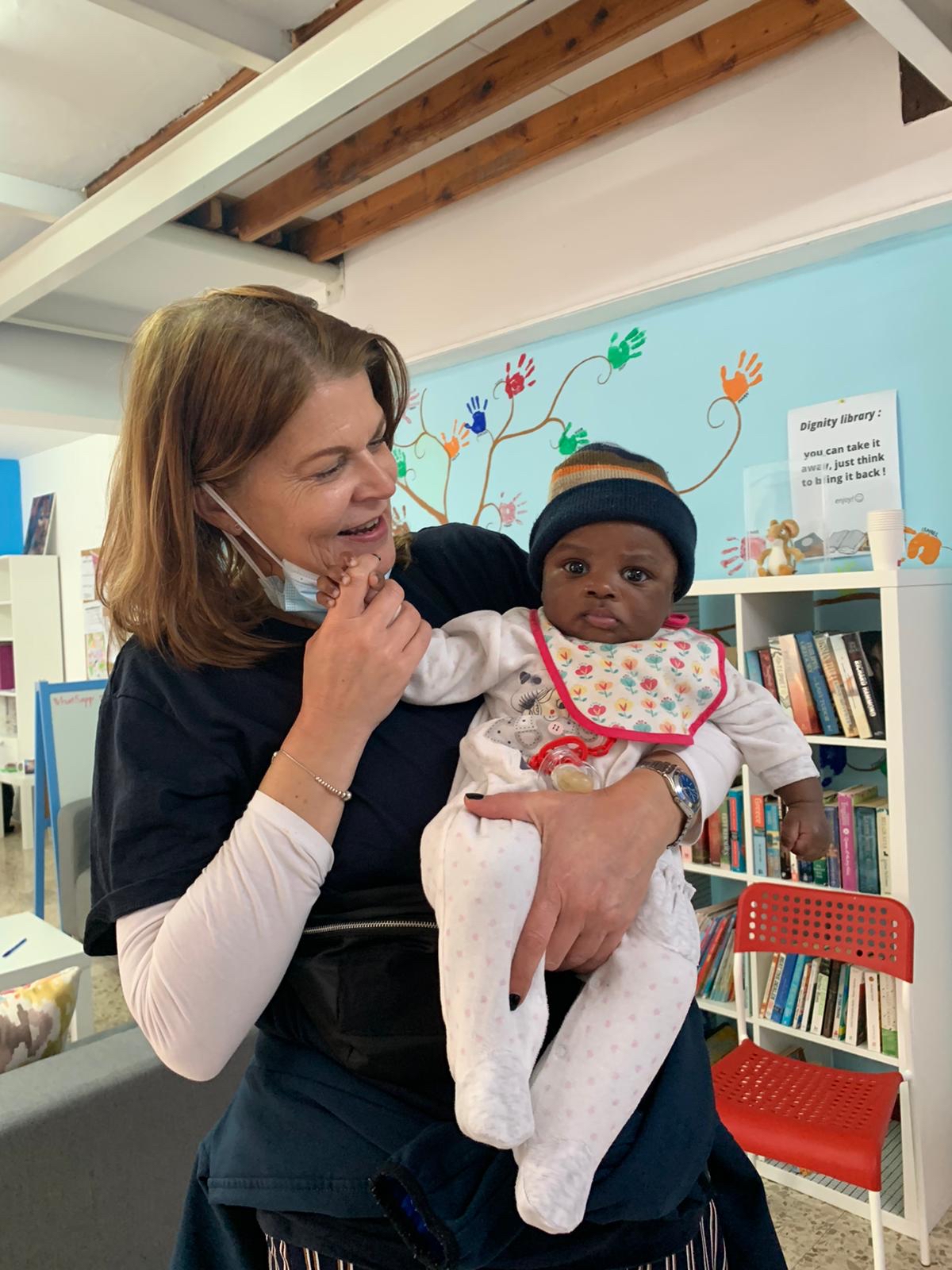Little boys and flowers in my hair
war weary little boys
with angry fathers, tired mothers
war weary little boys
alone sometimes alone
war weary little boys
war weary little boys
putting flowers in my hair
Everyone has a story of violence and loss. Everyone has scars. Sometimes, the scars are hidden beneath layers of clothes. Sometimes they are invisible. Sometimes, scars look right back at you as you look at them. One child, his scalp was burned off by a bomb. Yet he has the easy smile of a child. Another boy, his elbow blasted off by yet another bomb, thus his upper arm and lower arm are connected without bone, only skin and muscle, has the most beautiful chocolate-eyed smile. Raffi is his name and he speaks Arabic, Kurdish, English, and he is working on his French. He is 16 years old and travels alone.
In Larissa camp a few days ago, a man hung himself. The suicide rate among refugees is high. Suicide, as a solution to this crisis, seems normal. How can suicide ever “feel” normal?
The man in the market yelled at me because I could not understand his Greek (stark contrast with the wonderful and kind Greeks I have met). As I walked away, I said “efkaristo” (Greek for “thank you”). I wanted to tell him I had been here in his town for some time, yes and I had learned no Greek, but my Arabic was coming along pretty well. I wanted to tell him about the children with welts from mosquito bites and the rotten, standing water left over from the recent flood and the stench that blows through the tents in the afternoon heat. I wanted to tell him about the hateful behavior of the foreign doctors paid to care for the refugees and that I am disappointed in humanity. Instead, I smiled.
Today is my first day away from camp since I arrived. I stare into space. I see passersby without seeing them. Yanni, the kind woman who owns the hotel, saw into my quiet and asked the hard question: how are you? At that, I cried.
My co-workers are a diverse group but united by tremendous heart, united by skills, compassion and energy. We share the goal of trying to soften the hard reality of tragedy. They are gentle souls who can also be firm when it is necessary. Being firm is the hardest part, saying no to someone when you want to say yes. No madame, we have no baby formula. No madame, we have no mosquito repellant. No my friend, I cannot smuggle you to Germany. No, I don’t know how long you will be here. No, I don’t know why this is happening.
Mohammed told me about his two olders brothers killed by bombs in Syria. He is seventeen and wants to go to university. He said the food provided by the army is foul, not fit for rats. I’m so sorry, I said. I’m so, so sorry. I wish I could do more then these small things. He thanked me for listening and explained that saying what was in his heart helped.
It is difficult to describe my emotions without resorting to heavy use of swear words and other foul language.



